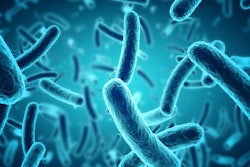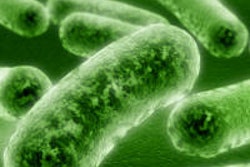University of Michigan (U-M) researchers have found that nisin, a naturally occurring preservative that grows on dairy products, killed between 70% and 80% of head and neck cancer tumor cells in rodents after nine weeks and extended survival in a new study, according to a university release.
After nine weeks of treatment with a highly purified form of nisin, which the researchers called a "nisin milkshake," head and neck cancer tumors had shrunk to a size comparable to tumors at three weeks. While many foods contain nisin, they don't have anywhere close to the 800 mg/kg needed to kill cancer cells.
Nisin binds to a static area of bacteria, giving it an opportunity to work before bacteria changes into an antibiotic-resistant superbug, and it also kills biofilms, the researchers explained.
Yvonne Kapila, DDS, PhD, a professor at the U-M School of Dentistry, stated that although it was a small study conducted on mice, the results of the study are promising, and the next step is to test nisin in a clinical setting.
"To date, nobody had found bacteria from humans or living animals that is resistant to nisin," Dr. Kapila stated in the release. "Mother Nature has done a lot of the research for us, it's been tested for thousands of years."
"The application of nisin has advanced beyond its role as a food biopreservative," she noted. "Current findings and other published data support nisin's potential use to treat antibiotic-resistant infections, periodontal disease, and cancer."
The study, "Biomedical applications of nisin," is scheduled to appear in the Journal of Antimicrobial Chemotherapy.



















